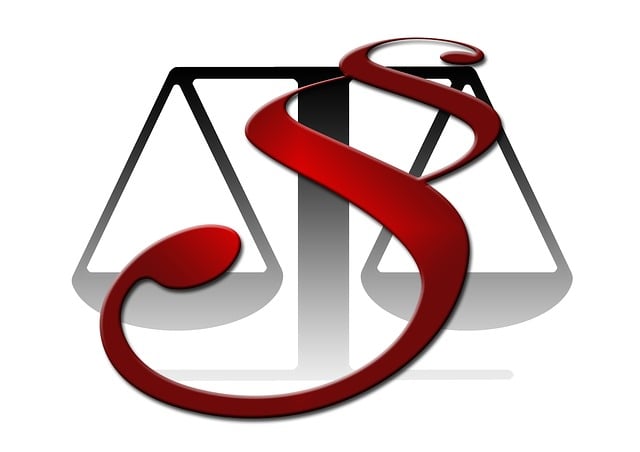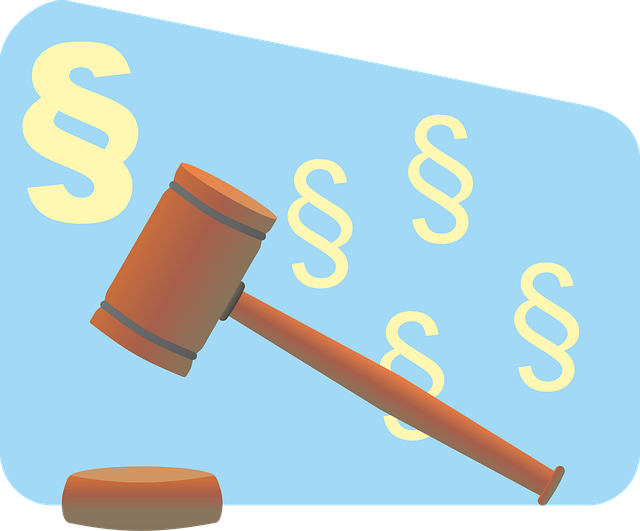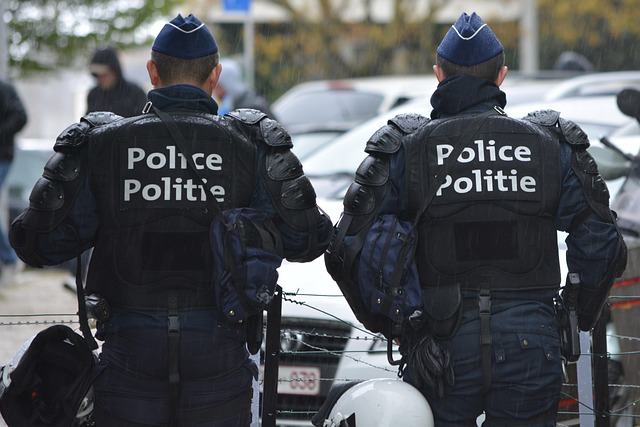Understanding the "Challenges in Meeting Burden of Proof in Court" is vital for defense attorneys. They navigate complex legal standards, scrutinize evidence, and use tactics like cross-examination, expert testimony, and procedural errors to protect clients in cases like white-collar crimes. Effective strategies include strategic alibi defenses, selecting credible experts, and managing character evidence to mitigate damage, ultimately aiming to prove the client's innocence beyond a reasonable doubt.
“Criminal Defense Attorneys play a pivotal role in navigating the intricate legal landscape for those facing criminal charges. This article delves into key strategies employed by these experts to counterprove the prosecution’s case. We explore essential aspects such as understanding the burden of proof, addressing alibi defenses, overcoming objections on expert testimonies, mitigating character evidence, and leveraging legal loopholes through strategic pleas and motions. By examining these challenges in meeting the burden of proof in court, we highlight the critical work of criminal defense attorneys.”
- Understanding the Burden of Proof: A Criminal Defense Perspective
- Common Challenges in Presenting Alibi Defense
- Expert Testimonies: Overcoming Prosecutorial Objections
- Mitigating Damage: Addressing Character Evidence
- Utilizing Legal Loopholes: Strategic Pleas and Motions
Understanding the Burden of Proof: A Criminal Defense Perspective

In criminal cases, one of the fundamental principles is the burden of proof, which lies at the heart of any successful prosecution. From a criminal defense attorney’s perspective, understanding this burden is paramount in navigating the complexities of the justice system. The challenge lies in recognizing that the prosecution must prove every element of the crime beyond a reasonable doubt—a standard that requires meticulous scrutiny of evidence and testimony.
Defense attorneys often face daunting tasks when it comes to challenging the burden of proof, especially in cases involving white-collar crimes or complex investigative processes across the country. They must examine the evidence gathered during all stages of the investigative and enforcement process, ensuring it meets the stringent legal requirements. This strategic approach involves meticulous cross-examination, expert testimony, and a thorough analysis of procedural errors that may have occurred during law enforcement’s involvement, ultimately aiming to protect the rights of the accused.
Common Challenges in Presenting Alibi Defense

Presenting an alibi defense can be one of the most significant challenges for criminal defense attorneys, particularly in high-stakes cases involving white-collar and economic crimes. The burden of proof in court is a crucial aspect that defense lawyers must navigate carefully. In these complex cases, where evidence is often intricate and financial records extensive, establishing a strong alibi becomes an art.
Attorneys face the task of convincing juries or judges that their client was elsewhere during the alleged crime, which requires meticulous planning and strategic thinking. This process involves sifting through potential witnesses, corroborating documents, and piecing together events to create an unassailable alibi. The challenge lies in ensuring every detail is accounted for, as even small inconsistencies might cast doubt on the defense strategy. Effective communication of this alibi, without appearing contrived, is essential to gaining a competitive edge in the court of law.
Expert Testimonies: Overcoming Prosecutorial Objections
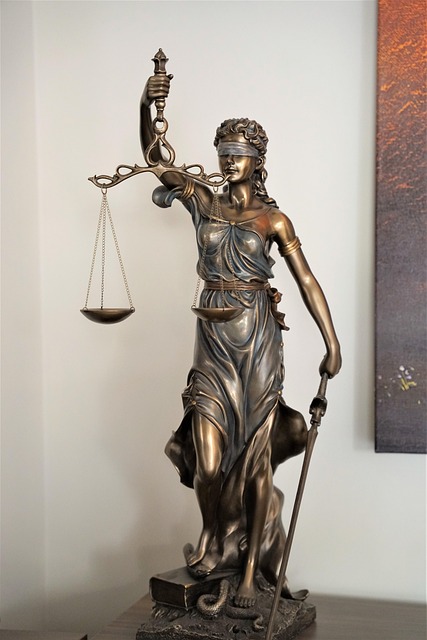
In criminal defense, one of the most powerful tools at an attorney’s disposal is expert testimony. When presenting evidence that challenges the prosecution’s case, particularly in high-stakes cases where avoiding indictment is paramount, experts can offer insights into complex issues and help sway the jury. However, obtaining admissible expert testimonies isn’t without its challenges. Prosecutors often object to such evidence based on relevance, qualifications, or methodology, which can be a significant hurdle in meeting the burden of proof required in court.
To overcome these objections, defense attorneys must strategically select experts with proven track records and deep understanding of all stages of the investigative and enforcement process. They must also meticulously prepare their witnesses, ensuring their testimony aligns with the case’s specific needs and addresses potential weaknesses. By doing so, they can strengthen their arguments, provide compelling counterpoints to prosecution evidence, and ultimately enhance their client’s defense in even the most intricate legal scenarios.
Mitigating Damage: Addressing Character Evidence
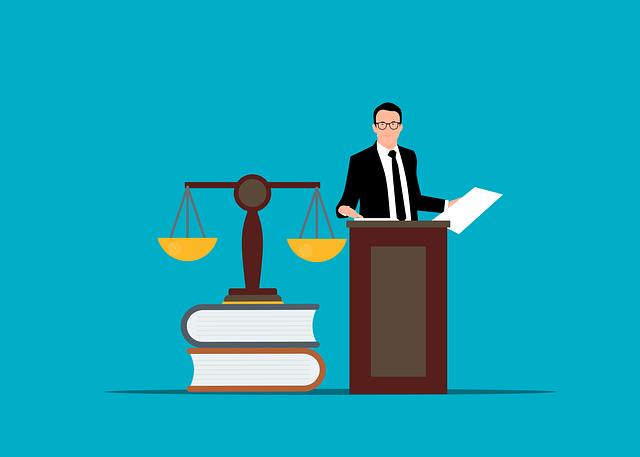
In criminal defense, one of the most effective strategies to mitigate damage is addressing character evidence. This involves challenging the prosecution’s ability to meet the burden of proof by presenting a compelling narrative that underscores the defendant’s positive qualities and actions. By doing so, attorneys can sway the jury’s perception, ensuring that their client is judged not on alleged crimes but on their overall character and contributions to society. This approach, often coupled with a thorough understanding of the law and extensive preparation, can lead to achieving extraordinary results.
Character evidence plays a significant role in many trials, as it can influence a jury’s decision-making process. However, navigating these challenges requires meticulous attention to detail during all stages of the investigative and enforcement process. Successful criminal defense attorneys must be adept at discrediting negative character evidence while highlighting their client’s philanthropic and political communities involvement, thereby creating a fairer and more balanced narrative for the jury to consider.
Utilizing Legal Loopholes: Strategic Pleas and Motions
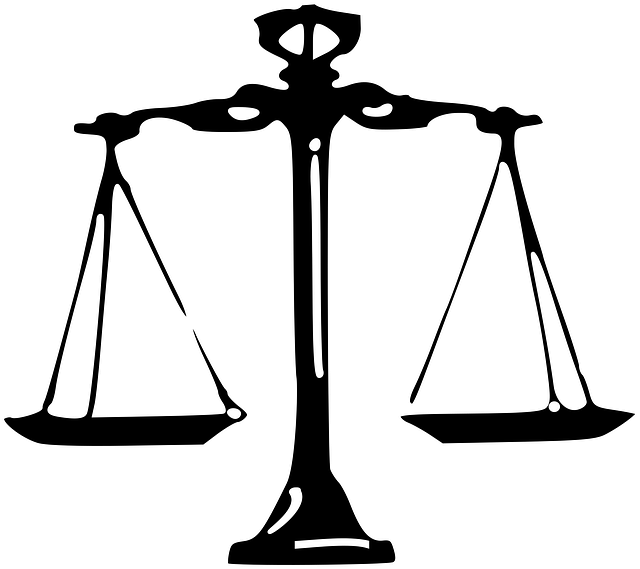
Criminal defense attorneys are masters at navigating complex legal landscapes, often employing strategic tactics to achieve favorable outcomes for their clients. One such powerful tool in their arsenal is the art of utilizing legal loopholes. These aren’t mere gaps in the law but carefully crafted arguments that can lead to significant gains, including avoiding indictment or even securing a complete dismissal of all charges in high-stakes cases.
By scrutinizing evidence and understanding procedural nuances, these attorneys can challenge the prosecution’s case at every turn. They may file motions to suppress illicit evidence, arguing that law enforcement violated their client’s rights during an arrest or search. Such tactics not only strengthen the defense but also highlight potential weaknesses in the state’s ability to meet its burden of proof in court. This strategic approach requires meticulous attention to detail and a deep understanding of criminal procedure rules, making it a critical aspect of successful criminal defense.
In navigating the intricate legal landscape, Criminal Defense Attorneys play a pivotal role in safeguarding individuals’ rights. By understanding the burden of proof, strategizing with alibi defenses, and leveraging expert testimonies, they mitigate damage from character evidence and exploit legal loopholes. Armed with these tools, defense attorneys can ensure fair trials, addressing challenges head-on and protecting their clients’ interests amidst complex procedural hurdles like those involved in meeting the burden of proof in court.
